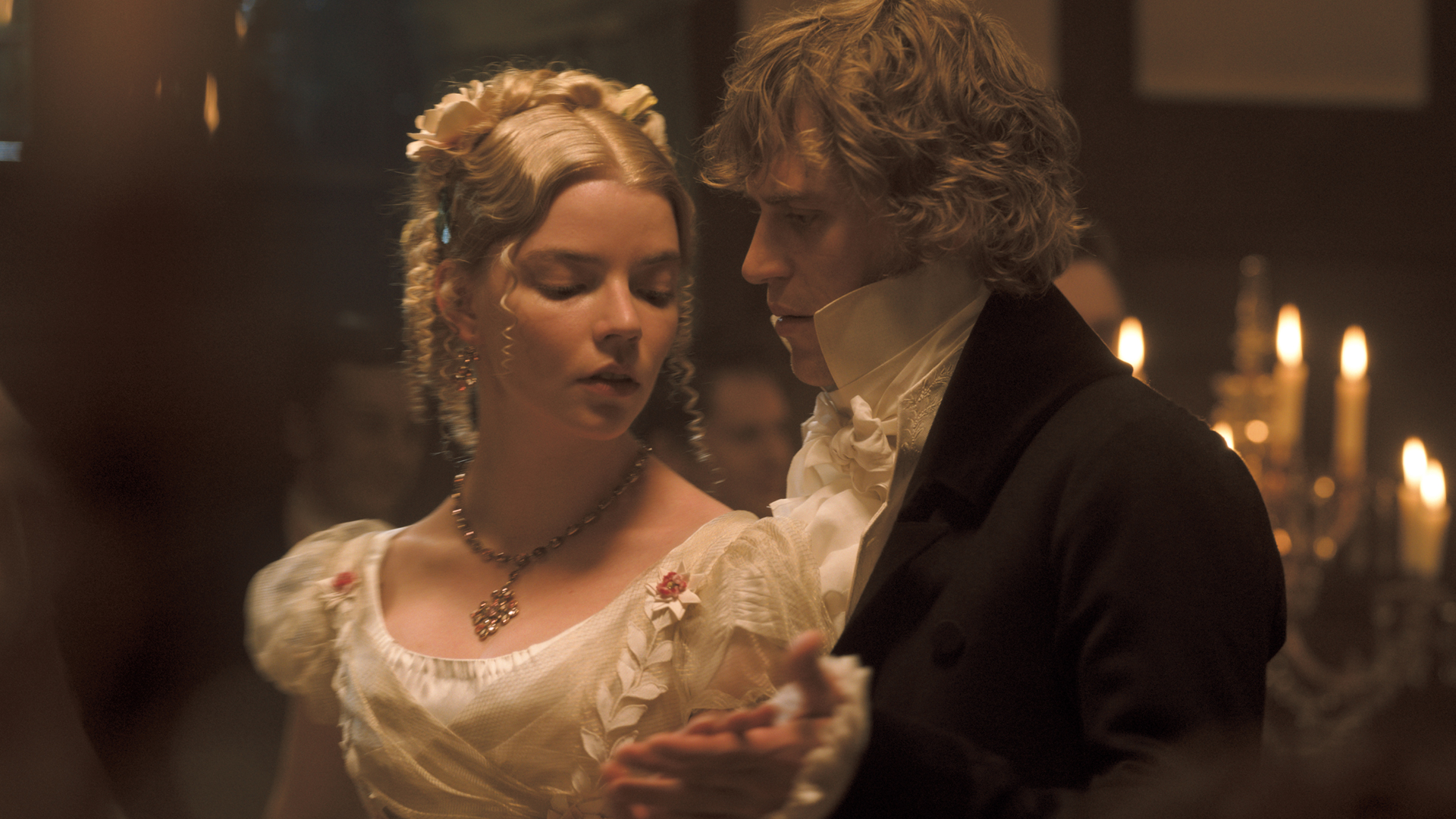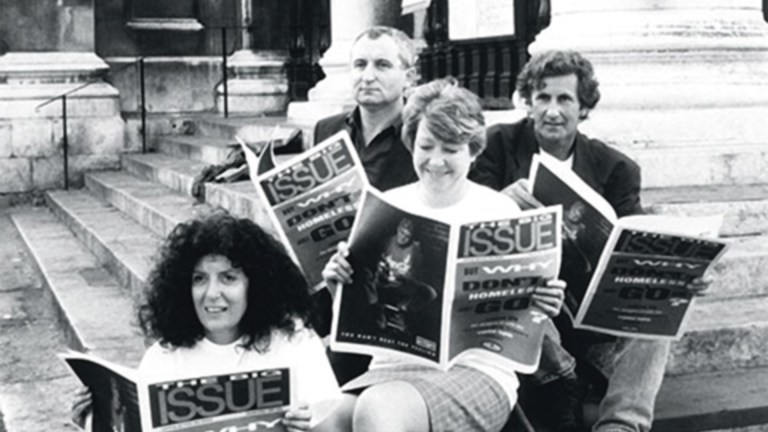Having loved the film though, I was surprised how much of the music used in it was ‘country folk’ and the songs of the labouring classes. This did not quite fit with the constant fine houses and fine meals and only rarely the rural domestic settings. Yet if you reflect on it differently you can see that it was the country folk, the labourers and farmers who kept the whole show on the road. So let them have their musical interludes!
I came upon Jane Austen suddenly a few years ago, and once I had read one novel I needed to read them all. The suspension of disbelief kicked in soon enough. The film Emma makes Austen’s work available in new forms for another generation.
Bill Nighy playing the spoiled country gentleman, proving that one generation can make it and leave it to another generation to lose, does it very well. Mr Woodhouse, Emma’s father, has yet to lose it, but you can see the collapse of the landed gentry coming down the 19th century industrial line soon enough. The steam train and satanic mill will soon stuff the country, having it replaced with tradesmen jumped up to be the new landed gentry.
Of course the losers are not just the wealthy landowners. The collapse of agricultural profits, the high cost of keeping Europe out of the hands of France – viz, Napoleon – will eat into the stability. And drive hungry generations via mechanical farming improvements from the country into the piss-hole satanic towns
like Manchester.
Interestingly for me I came away thinking more of the farm workers than anything
All of that is offscreen and distant in time. Highbury, the imaginary location for Emma, is only 13 miles from London, but not the current Highbury, the setting for Arsenal’s North London stadium. Then on the edge of urbanism, but not yet in it. Wow, how so much is about to change!
Interestingly for me I came away thinking more of the farm workers than anything. I found myself once again realising how hard life was for so, so many people in past generations. For possibly 99 per cent of the population of most countries, life was a trial and tribulation. We know this. Yet how can people think nice things, do nice things and be nice themselves if their life is so eaten up with suffering?
We often look back at former times and hate their lack of progressive thinking, yet do not often take into account how murderous and difficult everyday life was. Today we are busy discrediting the past because it does not match up to our present progressive values. Our duty should probably be more about understanding the limitations placed on former times by the need to live.
History was not all cakes and ale for anyone other than a few. Most people who lived through our ancestral times did so with short lives and grim existences.
Walking with my daughter to the cinema I told her of a story about being locked up in a cell aged 15 after a CND demo in Trafalgar Square. I was sleeping rough in the West End and invaded the demo because they had food. After my arrest I was with about 30 men in the cell. One man decided to play the paedophile card and followed me around for much of the night. In the end in desperation I attacked him and cursed him out. He cowered in the corner for the rest of our time there. Even in our own time the weakest among us, the homeless and the vulnerable, get violated. We don’t have to go back 200 years.
The subsequent Emma movie was a good alternative to my grim story, which I told in order to warn against the – at times – ugliness of the world. Emma though was beautiful, if not real.
John Bird is founder and editor-in-chief of The Big Issue.











